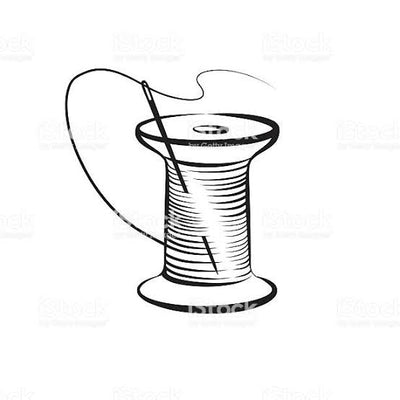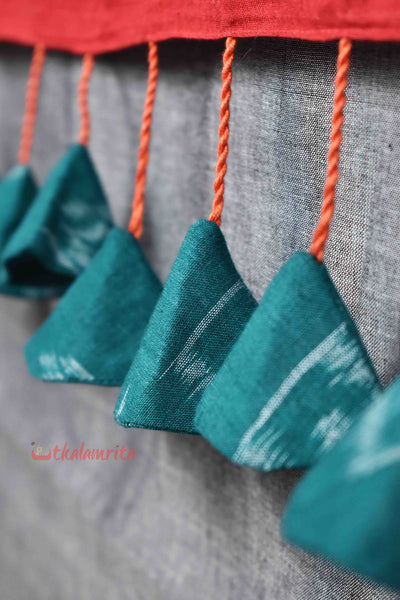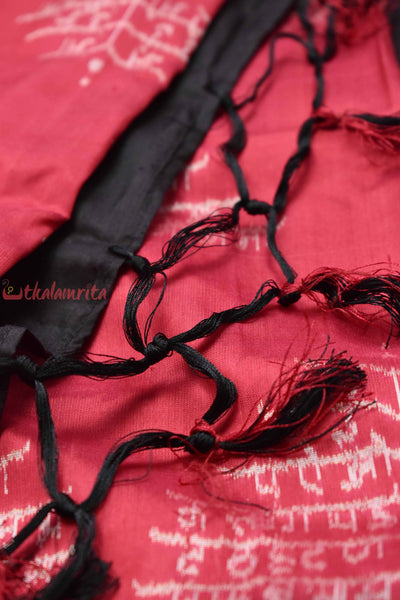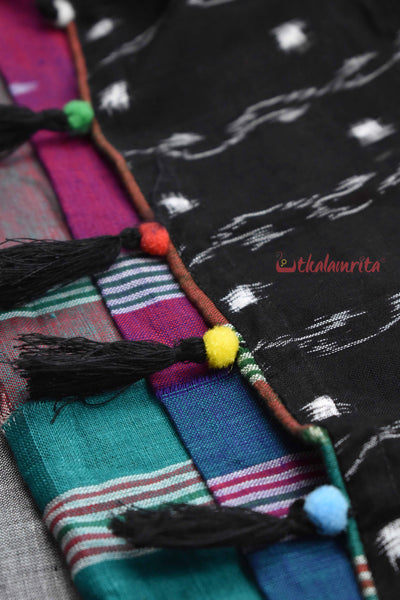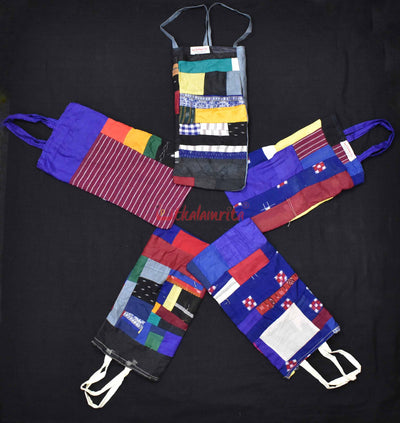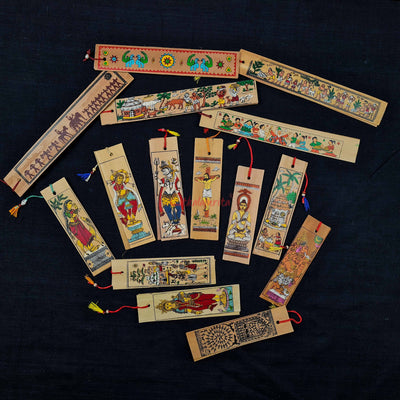











Jungle Black Red Sambalpuri Silk Saree
Sambalpuri Bandha Saree & Fabrics from GI (Geographical Indications) document says that Tie & Dye weaving in western Odisha came into existence during 600 BC. In traditional handwoven ikat or baandha, one of warp/weft is tied and dyed prior to weaving (single ikat) or both warp and weft are tie-dyed before weaving (double ikat). Weavers are distributed in Bargarh, Boudh, Sonepur, Bolangir, Nuapada & Sambalpur & some parts of Dhenkanal, Kalahandi, Sundargarh, Jharsuguda districts where Meher community reside. For weaving, traditional pit loom with throw/fly shuttle technique is used. Varieties are Sonepuri, Pasapali, Bomkai, Sachipar, Bichitrapuri, Bapta (Cotton & Silk mixed) etc, sarees. 'Pasapali' saree is amongst the most beautiful Sambalpuri sarees. Pasa refers to the ancient game of chess played since Mahabharat times where the dice rolling set on course the fate of the players. The checkerboard pattern is double ikat- meaning both warp and weft are tied and dyed before weaving. That is why it is classy and timeless- as the similar colors reinforce on each other making the colors stand out on those checks! The anchal is having stunning jhoti (alpana) bandha work. Make this a chic addition to your wardrobe for special occasions at any time of the year! Wear this half half pasapali checks saree to charm one and all!

